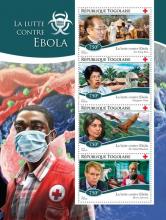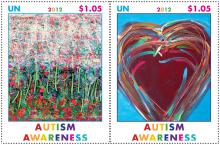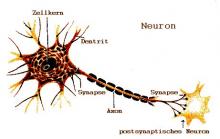Bird flu strain jumping from cat to human
A veterinarian appears to have been infected with a strain of avian flu known as H7N2 that spread among more than 100 cats housed at New York City animal shelters. If confirmed, this would be the first known transmission of this bird flu strain from cat to human, officials said. New York City health officials said the vet has recovered from a mild illness, and there's no sign that the flu has spread to shelter workers or those who've adopted cats. Still, the city's top health official is calling for caution.










